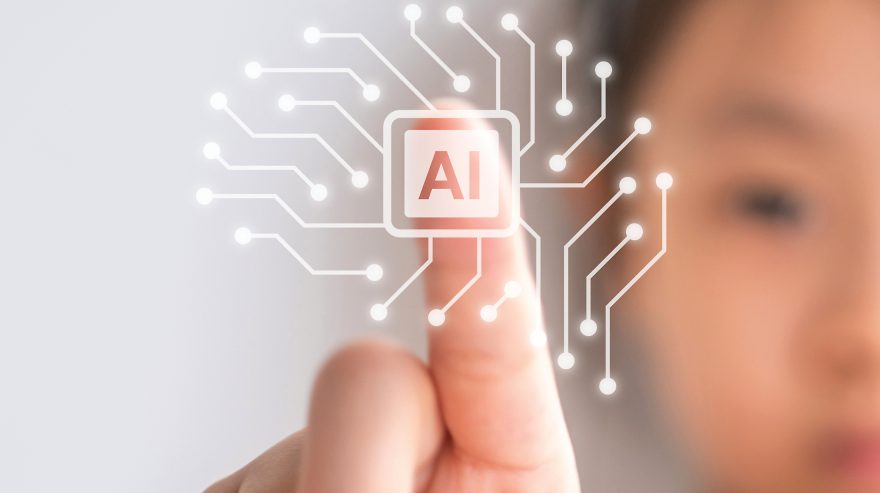California-based startup Kyron Learning’s Series A was led by Global Silicon Valley Ventures.


California-based startup Kyron Learning’s Series A was led by Global Silicon Valley Ventures.
EdWeek Market Brief Asked K-12 Officials About Must-Have Elements of Design and Function

EdWeek Market Brief asked district leaders, principals, and teachers about what kind of design and functionality they want from artificial intelligence.

SoapBox Labs provides a AI-powered voice engine to more than 50 education companies, such as Scholastic, McGraw Hill, and Amplify.

The Software and Information Industry Association has released a list of seven guidelines for education companies when developing AI technology.

EdWeek Market Brief’s fourth annual special report is based on a survey of 429 K-12 business officials, more than 70 percent of them executives or managers.

A survey of state ed-tech officials reveals major concerns about generative AI and cybersecurity emerging from the school district level.

The customer relations software giant s backing six education-related nonprofits with the goal of supporting their development of new, generative AI technology.
New Technologies and External Pressures Will Shape Spending in the Market

EdWeek Market Brief asked education company officials about their predictions for how school district demands for products will evolve during the coming academic year.

The new fund is aimed at supporting early-stage companies, largely through small, minority investments alongside other firms in seed and Series A rounds.
A Major New Jersey School System Is Experimenting With the Technology and the Implications for Instruction

The Newark school district in New Jersey is actively experimenting with artificial intelligence, and thinking about how ed-tech companies can help.